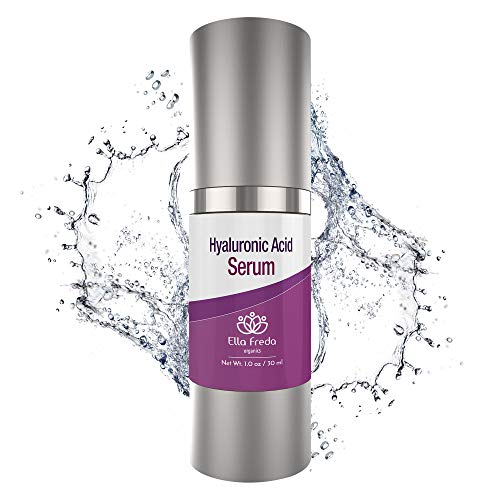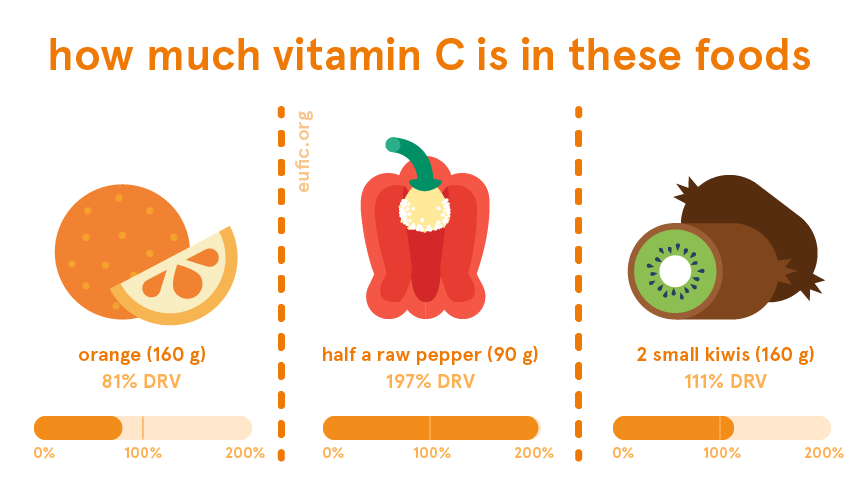

Those who received IV vitamin C had fewer side effects from the chemotherapy. IV vitamin C was given during chemotherapy and for 6 months after chemotherapy ended.
In a study of 27 people with advanced ovarian cancer, chemotherapy alone was compared with chemotherapy and IV vitamin C. No serious side effects were reported with the combined treatment. The cancer did not progress over an average of 6 months in these patients. In another small study, 9 people with advanced pancreatic cancer were given chemotherapy once a week for 3 weeks along with IV vitamin C twice a week for 4 weeks during each treatment cycle. In a study of people newly diagnosed with pancreatic cancer, IV vitamin C did not interfere with gemcitabine. Very few side effects were reported from the vitamin C treatment. The nine participants who completed the treatment had stable disease as shown by imaging studies. Five study participants did not complete the vitamin C treatment because the tumor continued to grow during treatment. In a small study of 14 people with advanced pancreatic cancer, IV vitamin C was given along with chemotherapy and targeted therapy ( erlotinib). Several studies of IV vitamin C given alone or in combination with other drugs in people with cancer include the following: Have any studies of IV vitamin C been done in people with cancer?. For information on laboratory and animal studies done using intravenous vitamin C, see the Laboratory/Animal/Preclinical Studies section of the health professional version of Intravenous Vitamin C. Laboratory studies suggest that high levels of vitamin C may kill cancer cells. Laboratory and animal studies have tested the effects of IV vitamin C. 

Laboratory and animal studies are done in animals before a substance is tested in people. In animal studies, tests are done to see if a drug, procedure, or treatment is safe and effective. In laboratory studies, tumor cells are used to test a substance to find out if it is likely to have any anticancer effects. When given by IV infusion, vitamin C can reach much higher levels in the blood than when it is taken by mouth. Vitamin C may be given by intravenous (IV) infusion or taken by mouth.

Vitamin C is also called L-ascorbic acid or ascorbate. It also works with enzymes to play a key role in making collagen. Vitamin C is an antioxidant and helps prevent damage to cells caused by free radicals. Vitamin C is a nutrient that is found in food, such as oranges, grapefruit, kiwi, peppers, and broccoli, and in dietary supplements.








 0 kommentar(er)
0 kommentar(er)
